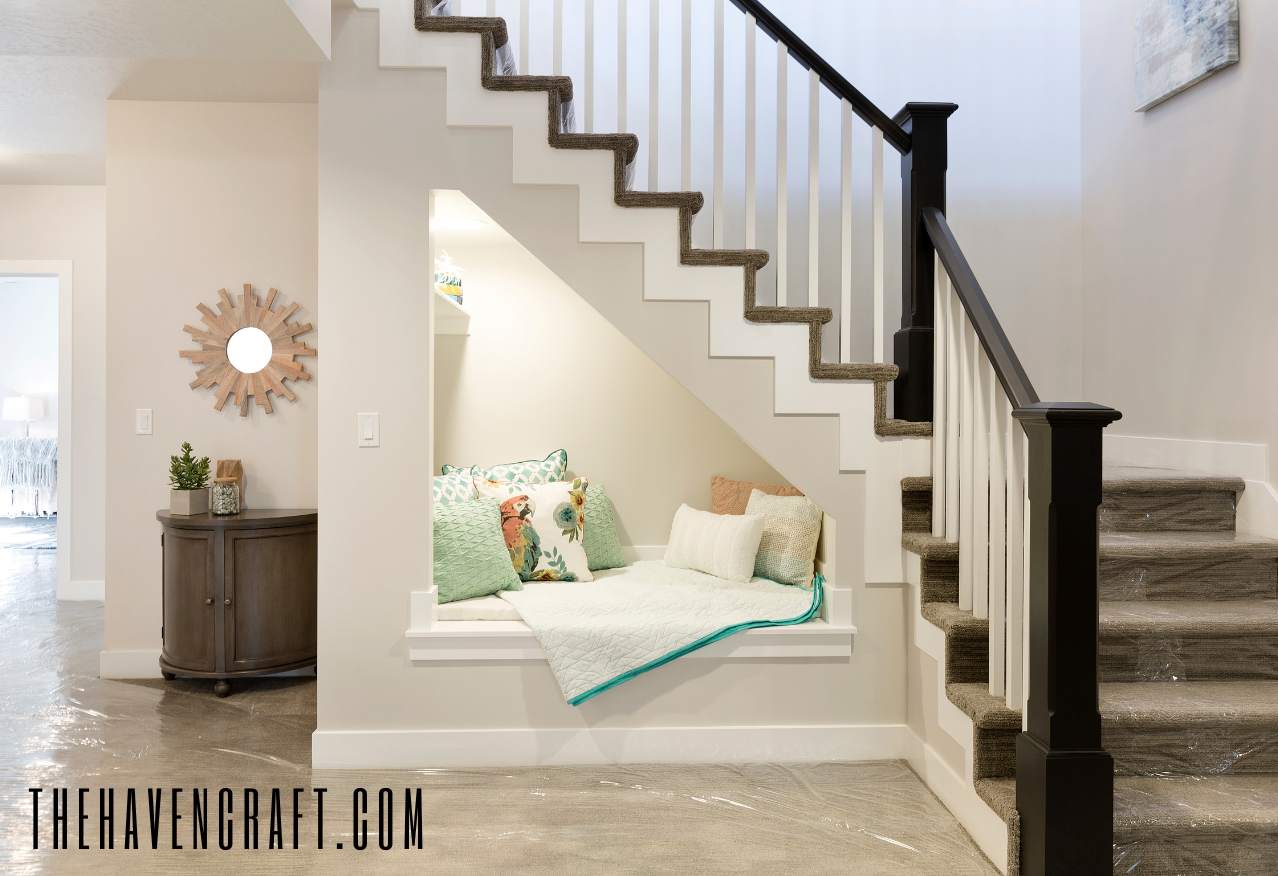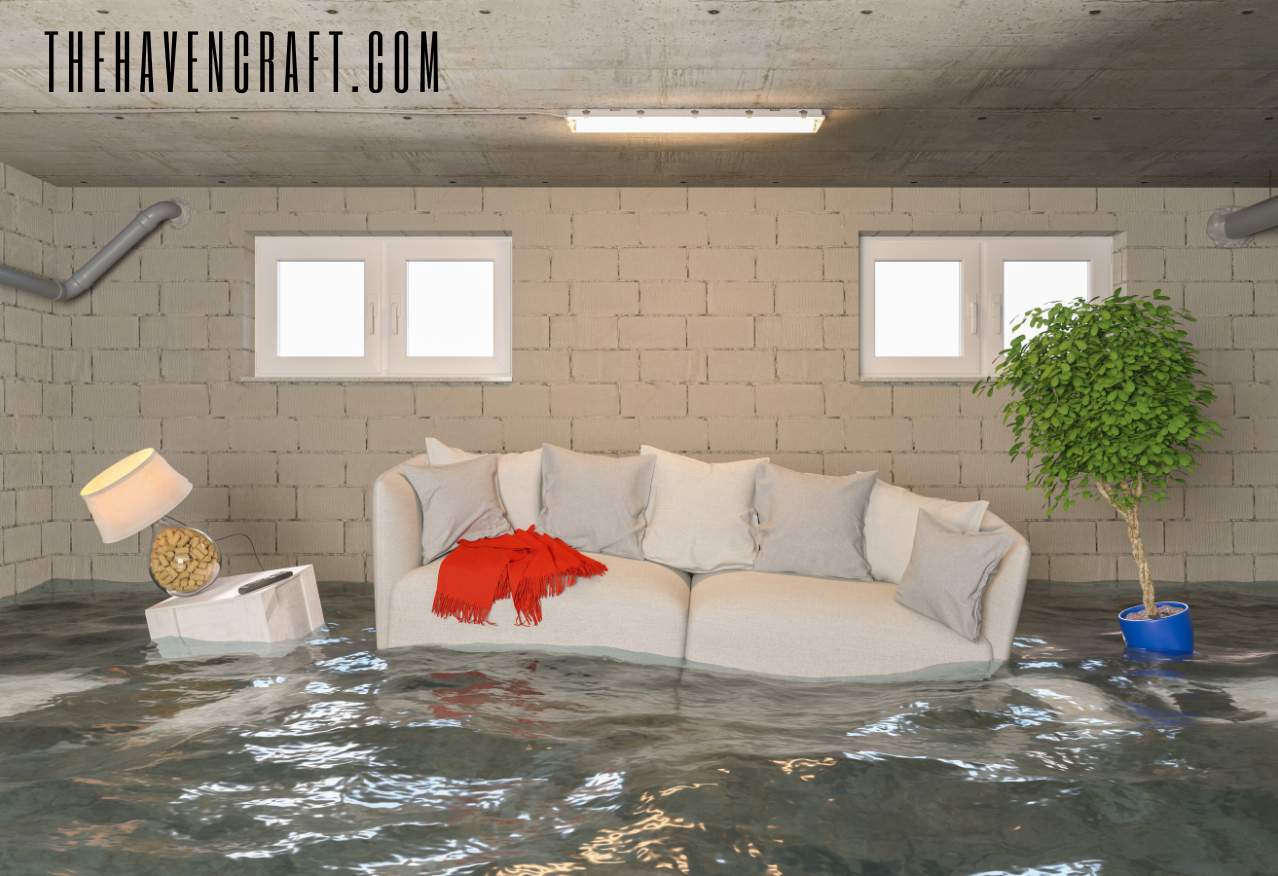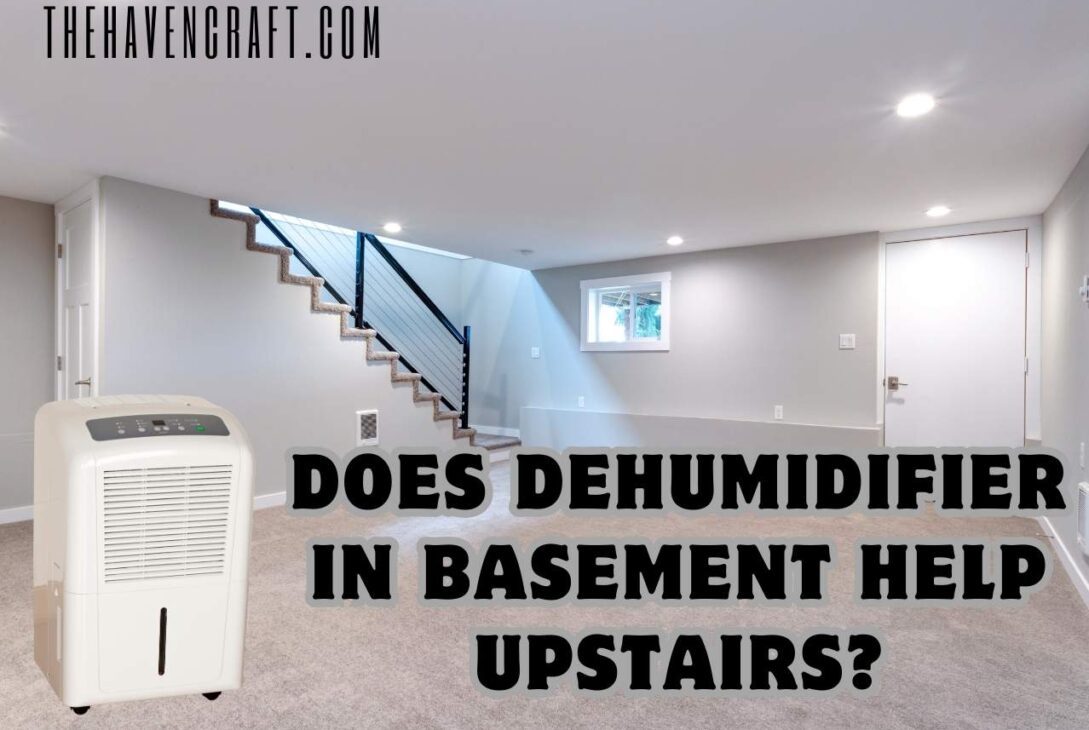So, you bought a dehumidifier for your basement because you knew that it was the most humid place in your home. However, does dehumidifier in basement help upstairs? Can you have a dehumidifier in the basement and expect it to fix humidity issue in upstairs? This is the exact topic we intend to cover today. Let’s get going.
Does Humidity Rise to the 2nd Floor of the House?
Yes, humidity can rise to the second floor of a house. Warm air holds more moisture than cold air. So, as warm, humid air rises through a house, it can carry moisture to upper floors. To manage the humidity across floors the placement of the humidifier is important.
We will explain everything in detail later in the article. For now, keep reading!
Does the Dehumidifier In the Basement Help Upstairs?
A dehumidifier placed in the basement can indeed help to some extent in controlling humidity levels upstairs. However, it might not be as effective as you want it to be. In addition, the efficiency of the effect of a basement dehumidifier on upstairs depends on several factors.
Size and Layout of the House
The layout and size of the house affect how air and humidity circulate. Larger homes or homes with complex layouts can have challenges in distributing the basement’s dehumidified air evenly throughout all floors.


Efficiency of the Dehumidifier
A portable or small size dehumidifier won’t have the ability to dehumidify the air in upstairs especially if it is kept in a larger basement. If you have a bigger sized dehumidifier you can expect it to work to a certain extent in the upstairs as well.
Again, as we explained previously, it largely depends on the size and layout of the house.
Sealing
If the basement is not well sealed the humid air in the basement can move on to the upstairs of the house. This may hinder the efficiency of the dehumidifier placed in the basement. If the basement is well sealed and you have a dehumidifier that has a capacity to deal with basement humidity, its effect can be felt in the upstairs to a certain degree.
Additional Humidity Sources in the Upstairs
If the upstairs of your home itself has more moisture sources, such as laundry rooms, drying clothes inside, bathrooms, and kitchen activities, expecting a basement dehumidifier to deal with them might not be a wise idea. Either you will have to keep a separate dehumidifier in the upstairs or must manage those humidity sources to make yourself at your home.
In addition to the above factors, temperature variations between floors, your habits, and airflow dynamics can affect the efficiency of a basement dehumidifier upstairs.
Best Practices for Using Basement Dehumidifiers to Benefit Upstairs Areas
- One of the easiest but most effective methods you can try is to place the basement dehumidifier in a place where the upstairs can benefit. We recommend positioning the dehumidifier near stairwells or vents to facilitate the natural flow of dehumidified air toward upper floors.
- If you expect a dehumidifier to work for both basement and upstairs, you have to go with a high-capacity dehumidifier. Selecting the correct size basement dehumidifier is important as both too big or too small dehumidifiers do have different unique drawbacks.
- You can set the basement dehumidifier to operate continuously, especially during humid seasons. If your unit has humidity sensors or automatic settings to adjust to the moisture levels, the work will be much easier to deal with.
- Maintenance of the dehumidifier is always important. Even you own the best dehumidifier in the basement, it won’t help dehumidify upstairs if the unit does not operate at its best. If your dehumidifier has issues such as icing, you must fix them at your earliest.
What Type of Dehumidifier Is Best For Both Basement and Upstairs?
It really depends on the area you want to cover. A high-capacity whole-house dehumidifier would be a good option to consider if you intend to cover a substantial area.
If not, you also can think of normal high-capacity dehumidifiers with portability. A product with a Energy Star certification can be helpful to minimize electricity consumption of the dehumidifier. Noise level, noise and maintenance are other factors that require your attention when selecting a dehumidifier.
Is It Better to Have the Dehumidifier in the Basement or Upstairs?
It’s generally better to place the dehumidifier in the basement because basements typically have higher humidity levels due to their underground location and lack of natural ventilation. This makes the basements a main source of moisture in the home.


By placing the dehumidifier in the basement, you can effectively target and address this source of moisture. Doing so will help you prevent humidity from spreading to the upper floors. Additionally, since warm air rises, reducing humidity levels in the basement can help regulate humidity throughout the entire house.
This approach can be more energy-efficient and cost-effective in managing overall indoor humidity levels. This is especially true when it comes to larger homes where maintaining consistent moisture control is crucial for comfort and preventing mold growth.
How Often Should I Run My Basement Dehumidifier to Maintain Optimal Humidity Levels Upstairs?
We recommend running the basement dehumidifier continuously, especially during humid seasons. The same applies if your basement tends to be damp more often than not. This helps prevent excessive moisture buildup that could affect upstairs areas.
You can use a hygrometer to monitor the humidity levels in both the basement and upstairs and adjust the dehumidifier accordingly.
Oppositely, during less humid seasons, you may reduce the frequency of dehumidifier operation. Running a dehumidifier all the while comes with certain drawbacks as well. That is why you should constantly monitor the humidity level in both basement and upstairs to adjust the operation of the unit.
We hope you enjoyed our article. Please let us know if you need more assistance in the comment section. We are more than happy to assist you. Have a great day!


Adam Voges is a seasoned expert with 11 years of experience in the heating and cooling industry. His deep understanding of HVAC systems and cutting-edge home climate technologies makes him a trusted authority on maintaining comfortable and energy-efficient homes. Adam’s blog discusses the latest innovations, best practices, and troubleshooting tips for heating and cooling devices, helping homeowners make informed decisions about their indoor climate control. Whether you’re looking to upgrade your system, optimize energy usage, or solve common HVAC issues, Adam’s insights are invaluable. His passion for sustainable living and his commitment to enhancing home comfort shine through in every article he writes.



